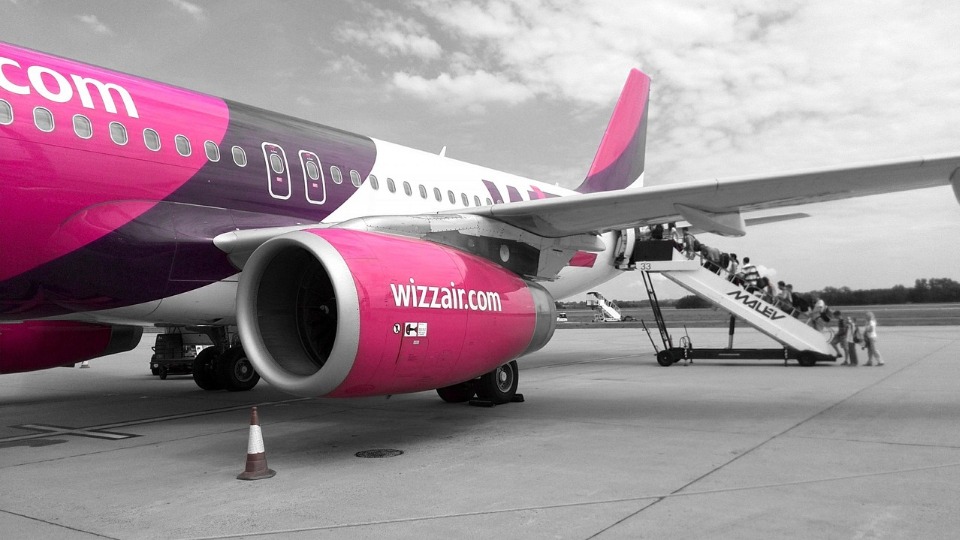
Portugal Offers €2,800 Salary to Attract Brazilian Doctors for Skilled Immigration

Portugal has announced that it will now pay doctors from Brazil a gross salary of EUR 2,863.
The authorities explained they were offering this salary to try and attract skilled workers into the country due to the current shortages of the sector.
Publico reports that the National Health Service is already recruiting doctors from Brazil.
It was also noted that the Central Administration of the Health System is looking to recruit doctors from Brazil for healthcare centres in areas with the greatest shortage of family physicians.
Portugal News reports that the Ministry of Health of Portugal will offer a three-year contract to all Brazilian workers who will work in primary healthcare.
It was also revealed that the majority of doctors from Brazil will be working in Alentejo, Algarve, and Lisbon and Vale.
Doctors from Brazil who sign the contract will be required to work 40-hour weeks and will also have the option to "concentrate their work week into four days". The contract stipulates that doctors from Brazil will have to work 40 hours per week, but they can "concentrate the work week into four days".
Germany is also working to increase skilled worker immigration to Germany from Brazil, similar to Portugal.
In June, Germany and Brazil had already signed a joint declaration. Hubertus Heil, Minister of Labour in Germany, and Annalena Bärbock Minister of Foreign Affairs of Brazil discussed the employment opportunities for Brazilian skilled workers during a recent visit to Brazil.
Minister Heil also signed a statement of intent with Luiz Martininho, his Brazilian counterpart. The German authorities signed a declaration stating that they wanted to simplify structures and encourage the immigration of Brazilian workers.
The German authorities also said they wanted to create more favourable conditions for all Brazilian skilled workers.
According to the authorities, Germany will focus primarily on attracting more Brazilian nurses as the healthcare industry is facing one of the biggest shortages.
Other sectors in Germany and other countries in the European Union also face shortages of workers in different sectors, which is what drives them to hire foreigners.
The Federal Labour Agency of Germany has released data that shows 200 of the 1,200 professions it surveyed in 2011 were affected by shortages. The most affected jobs were in the service sector.
Source: schengenvisainfo.com








